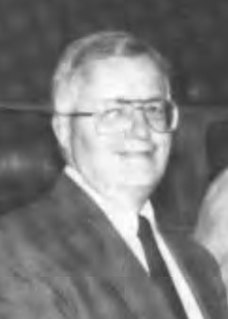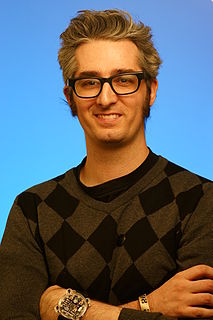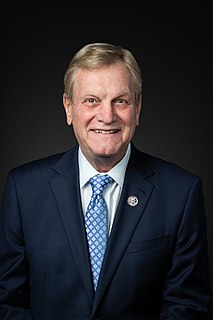A Quote by Laura Sydell
The Ninth Circuit Court of Appeals agreed, and software has been treated as a form of speech ever since. So if software code is speech, Apple says the First Amendment also means the government can't tell Apple what to say.
Related Quotes
The FBI wants Apple to write software code to help it break into the iPhone. Apple doesn't want to say this. Andrew Crocker, an attorney with the Electronic Frontier Foundation, or EFF, a digital civil rights group, says the government can't make you say what you don't believe. He looks to a Supreme Court case that began in New Hampshire.
[Eric]Goldman [a professor at Santa Clara University School of Law] says back in the 1990s, courts began to confront the question of whether software code is a form of speech. Goldman says the answer to that question came in a case called Bernstein v. U.S. Department of Justice. Student Daniel Bernstein who created an encryption software called Snuffle. He wanted to put it on the Internet. The government tried to prevent him, using a law meant to stop the export of firearms and munitions. Goldman says the student argued his code was a form of speech.
Because of the free speech clause in the First Amendment, which is very clear, "The government shall make no law abridging freedom of speech," and it literally is about political speech. You can say anything you want about politics, a candidate, and the government cannot stop you. And the Democrats hate that.
I named my software 'EMAIL,' (a term never used before in the English language), and I even received the first U.S. Copyright for that software, officially recognizing me as The Inventor of Email, at a time when Copyright was the only way to recognize software inventions, since the U.S. Supreme Court was not recognizing software patents.
If the Government is going to intrude upon the sacred ground of the First Amendment and tell its citizens that their exercise of protected speech could land them in jail, the law imposing such a penalty must clearly define the prohibited speech not only for the potential offender but also for the potential enforcer.
The NeXT purchase is too little too late. The Apple of the past was an innovative company that used software and hardware technology together to redefine the way people experienced computing. That Apple is already dead. Very adroit moves might be able to save the brand name. A company with the letters A-P-P-L-E in its name might survive, but it won't be the Apple of yore.





























